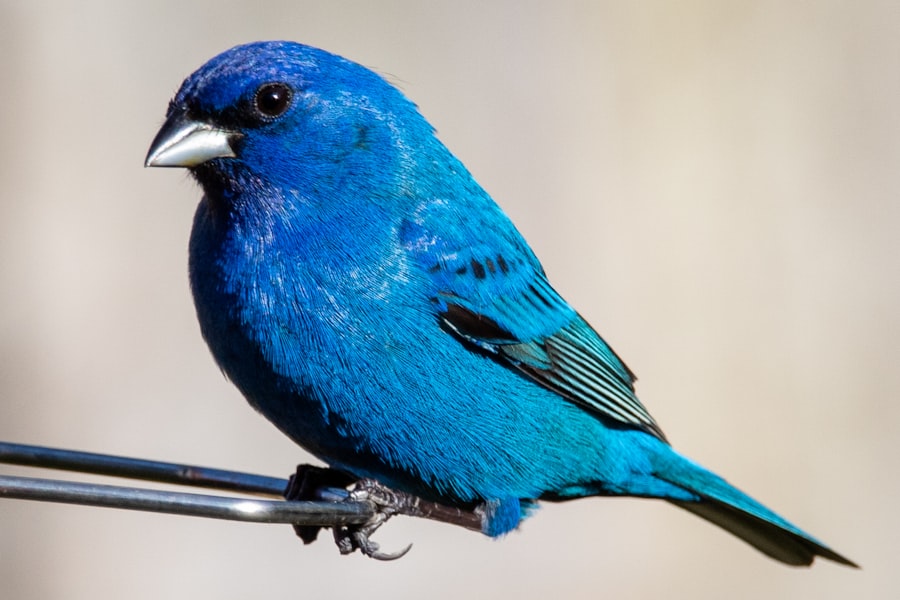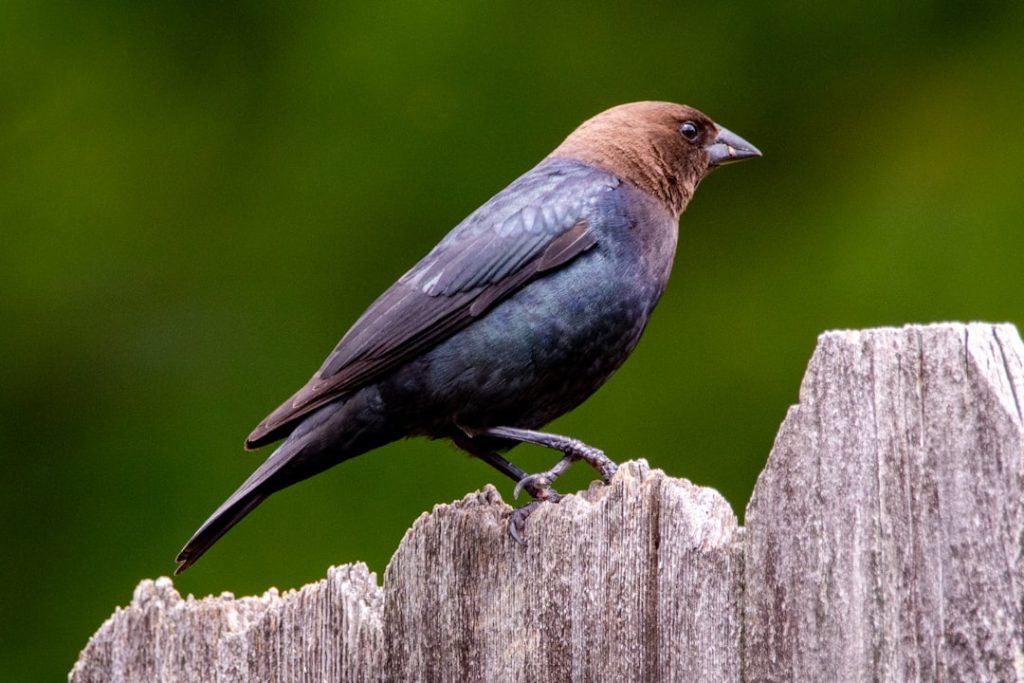When selecting chicken breeds for a backyard flock, several factors should be considered. Climate is a crucial element, as some breeds are better adapted to cold weather, while others thrive in warmer conditions. The intended purpose of the flock is also important, whether it’s for egg production, meat production, or companionship.
Popular egg-laying breeds include Rhode Island Red, Leghorn, and Australorp, known for their consistent egg production and hardiness. For meat production, breeds like Cornish Cross and Freedom Ranger are favored due to their rapid growth and high meat yield. Silkies and Orpingtons are often chosen as pets for their gentle nature and attractive plumage.
Space availability is another consideration, as some breeds are better suited to confined areas, while others require more room to roam. It’s essential to research thoroughly and select breeds that align with specific circumstances and requirements. The ideal chicken breed will ultimately depend on individual needs and preferences.
Table of Contents
- 1 Building a Coop and Run
- 2 Feeding and Watering Your Chickens
- 3 Providing Proper Care and Maintenance
- 4 Understanding Local Regulations and Zoning Laws
- 5 Dealing with Predators and Pests
- 6 Enjoying the Benefits of Fresh Eggs and Fertilizer
- 7 FAQs
- 7.1 What are the benefits of keeping chickens in your yard?
- 7.2 What do chickens need to thrive in a yard?
- 7.3 Are there any local regulations or restrictions on keeping chickens in a yard?
- 7.4 What are some common predators of backyard chickens?
- 7.5 How do I care for chickens in extreme weather conditions?
Key Takeaways
- Consider the climate, space, and purpose when choosing the right breed of chicken for your backyard.
- When building a coop and run, prioritize safety, ventilation, and space for your chickens to roam.
- Provide a balanced diet and clean water for your chickens to ensure their health and egg production.
- Regularly check for signs of illness, maintain cleanliness, and provide proper shelter for your chickens’ care and maintenance.
- Research and adhere to local regulations and zoning laws regarding raising chickens in your area.
- Implement predator-proofing measures and pest control to protect your chickens from harm.
- Enjoy the benefits of fresh eggs and fertilizer from your backyard chickens while providing them with a happy and healthy environment.
Building a Coop and Run
Coop Requirements
When building a coop, it’s essential to consider the size of your flock and the space you have available. The coop should provide at least 2-3 square feet of space per chicken, with a roosting area that is elevated off the ground. It should also have nesting boxes where your hens can lay their eggs. The coop should be well-ventilated and predator-proof, with sturdy walls and a secure door.
Coop Comfort and Hygiene
Additionally, it’s important to provide bedding such as straw or wood shavings to keep the coop clean and comfortable for your chickens. This will help maintain a healthy environment and reduce the risk of disease.
Run Requirements
The run should provide at least 10 square feet of space per chicken, with plenty of room for them to move around and forage for food. It should be enclosed with a wire mesh to keep out predators, and it’s a good idea to cover the top with netting to protect your chickens from aerial predators like hawks. Additionally, it’s important to provide shade and shelter within the run, as well as access to fresh water and food.
Creating a Safe and Comfortable Environment
Building a coop and run for your backyard flock is an important step in providing them with a safe and comfortable living environment. By considering the needs of your chickens and providing a well-designed coop and run, you can help ensure their health and happiness.
Feeding and Watering Your Chickens

Feeding and watering your chickens is an essential part of caring for your backyard flock. A balanced diet is crucial for their health and well-being, as well as for their egg production. When it comes to feeding your chickens, there are several options to consider.
You can purchase commercial chicken feed, which is formulated to provide all the nutrients they need. There are different types of feed available, including starter feed for young chicks, grower feed for adolescent chickens, and layer feed for hens that are laying eggs. In addition to commercial feed, you can also supplement your chickens’ diet with kitchen scraps, grains, and greens.
Chickens are omnivores and enjoy a varied diet, so providing them with a mix of different foods can help keep them healthy and happy. It’s important to avoid feeding them foods that are toxic to chickens, such as avocado, chocolate, or raw beans. Additionally, it’s important to provide access to clean water at all times.
Chickens need water not only for drinking but also for regulating their body temperature and aiding in digestion. When it comes to watering your chickens, there are several options available. You can use a traditional waterer that you fill manually, or you can invest in an automatic waterer that refills itself as needed.
It’s important to clean and refill the waterer regularly to prevent the growth of bacteria and algae. Additionally, it’s a good idea to provide multiple waterers within the coop and run to ensure that all of your chickens have access to water. Feeding and watering your chickens is an important part of their care and maintenance, and providing them with a balanced diet and clean water will help keep them healthy and productive.
Providing Proper Care and Maintenance
Providing proper care and maintenance for your backyard flock is essential for their health and well-being. This includes regular health checks, grooming, and parasite control. It’s important to monitor your chickens regularly for signs of illness or injury, as early detection can help prevent the spread of disease within the flock.
Additionally, it’s important to keep their living environment clean and free from pests. Regular grooming is also important for maintaining the health of your chickens. This includes trimming their nails, cleaning their feet, and checking for signs of mites or lice.
It’s important to handle your chickens gently and calmly during grooming to minimize stress and ensure their comfort. Additionally, it’s important to provide them with dust baths, which help control parasites and keep their feathers clean. Parasite control is an important aspect of caring for your backyard flock.
Chickens are susceptible to parasites like mites, lice, and worms, which can cause discomfort and illness if left untreated. There are several options available for controlling parasites in chickens, including topical treatments, dust baths, and natural remedies. It’s important to monitor your chickens regularly for signs of parasites and take action if necessary to keep them healthy and comfortable.
Providing proper care and maintenance for your backyard flock is essential for their health and well-being. This includes regular health checks, grooming, and parasite control. By monitoring your chickens regularly and providing them with a clean living environment, you can help ensure that they stay healthy and productive.
Understanding Local Regulations and Zoning Laws
Before starting a backyard flock, it’s important to understand local regulations and zoning laws that may affect your ability to keep chickens on your property. Many cities and towns have specific ordinances governing the keeping of livestock within city limits, including regulations related to coop size, distance from property lines, and the number of chickens allowed per household. It’s important to research local regulations and zoning laws before starting a backyard flock to ensure that you are in compliance with any applicable rules or restrictions.
This may involve contacting your local government office or zoning board to inquire about specific regulations related to keeping chickens on residential properties. In addition to local regulations, it’s also important to consider any neighborhood covenants or homeowners’ association rules that may impact your ability to keep chickens on your property. Some neighborhoods have specific rules governing the keeping of livestock or poultry within the community, so it’s important to review any applicable rules before starting a backyard flock.
By understanding local regulations and zoning laws before starting a backyard flock, you can ensure that you are in compliance with any applicable rules or restrictions that may impact your ability to keep chickens on your property.
Dealing with Predators and Pests

Common Threats to Your Chickens
Keeping a backyard flock can be a rewarding experience, but it also comes with its challenges. One of the main concerns is dealing with predators and pests that may threaten the safety of your chickens. Raccoons, foxes, hawks, and snakes are common predators, while mites, lice, and worms are common pests that can harm your flock.
Protecting Against Predators
To protect your chickens from predators, there are several steps you can take. Securing the coop with sturdy walls and a secure door is essential, as well as covering windows and vents with wire mesh. Additionally, providing a secure run area that is enclosed with wire mesh on all sides and covered with netting on top can help protect against aerial predators.
Controlling Pests in the Coop and Run
In addition to protecting against predators, it’s also important to take steps to control pests within the coop and run area. Regular cleaning and disinfecting of the coop can help prevent the spread of diseases and parasites. Providing dust baths for your chickens can also help control parasites like mites and lice. Furthermore, there are natural remedies available for controlling pests in chickens, such as diatomaceous earth or herbal supplements.
By taking proactive measures to protect your chickens from predators and pests, you can help ensure their safety and well-being while enjoying the benefits of keeping a backyard flock.
Enjoying the Benefits of Fresh Eggs and Fertilizer
One of the most rewarding aspects of keeping a backyard flock is enjoying the benefits of fresh eggs and fertilizer. Chickens are prolific layers, with many breeds capable of producing several eggs per week. Fresh eggs from backyard chickens are known for their superior taste and nutritional value compared to store-bought eggs.
In addition to fresh eggs, chickens also produce high-quality fertilizer in the form of manure. Chicken manure is rich in nitrogen, phosphorus, potassium, and other essential nutrients that can be used to fertilize gardens and improve soil quality. Many gardeners consider chicken manure to be one of the best natural fertilizers available due to its high nutrient content.
By keeping a backyard flock, you can enjoy the satisfaction of collecting fresh eggs from your own chickens while also benefiting from high-quality fertilizer for your garden. This sustainable cycle of egg production and fertilizer creation is one of the many rewards of keeping chickens in your backyard. In conclusion, keeping a backyard flock can be a rewarding experience that provides fresh eggs, high-quality fertilizer, and the joy of caring for these charming animals.
By choosing the right breed of chicken, building a suitable coop and run, providing proper care and maintenance, understanding local regulations and zoning laws, dealing with predators and pests effectively, you can enjoy all the benefits that come with keeping a backyard flock while ensuring the health and well-being of your chickens.
If you’re considering keeping chickens in your yard, you may also be interested in learning about when guinea fowl lay eggs. Check out this article on when guinea fowl lay eggs to expand your knowledge of backyard poultry.
FAQs
What are the benefits of keeping chickens in your yard?
Keeping chickens in your yard can provide you with a sustainable source of fresh eggs, natural pest control, and fertilizer for your garden. They also make great pets and can help reduce stress.
What do chickens need to thrive in a yard?
Chickens need a secure coop for shelter, access to fresh water, a balanced diet of feed and kitchen scraps, and a safe and spacious outdoor area for foraging and exercise.
Are there any local regulations or restrictions on keeping chickens in a yard?
Local regulations and restrictions on keeping chickens in a yard vary by city and county. It’s important to check with your local government or homeowners’ association to ensure that keeping chickens is allowed in your area.
What are some common predators of backyard chickens?
Common predators of backyard chickens include raccoons, foxes, hawks, and neighborhood dogs. It’s important to secure the coop and outdoor area to protect the chickens from these predators.
How do I care for chickens in extreme weather conditions?
In extreme weather conditions, such as heatwaves or cold snaps, it’s important to provide chickens with adequate shade, ventilation, and access to fresh water. In cold weather, you may also need to provide additional insulation and heat sources in the coop.
Meet Walter, the feathered-friend fanatic of Florida! Nestled in the sunshine state, Walter struts through life with his feathered companions, clucking his way to happiness. With a coop that’s fancier than a five-star hotel, he’s the Don Juan of the chicken world. When he’s not teaching his hens to do the cha-cha, you’ll find him in a heated debate with his prized rooster, Sir Clucks-a-Lot. Walter’s poultry passion is no yolk; he’s the sunny-side-up guy you never knew you needed in your flock of friends!







